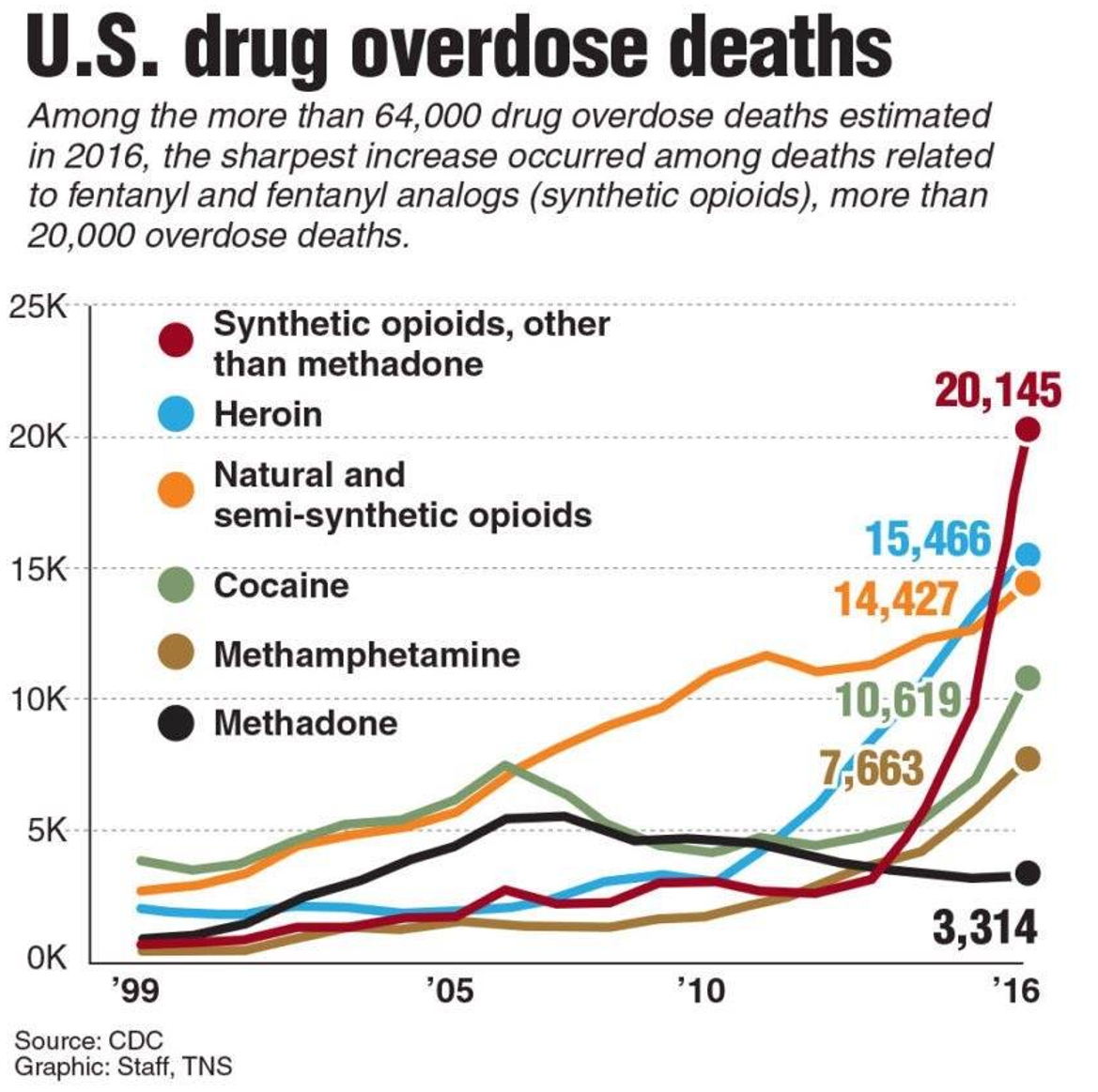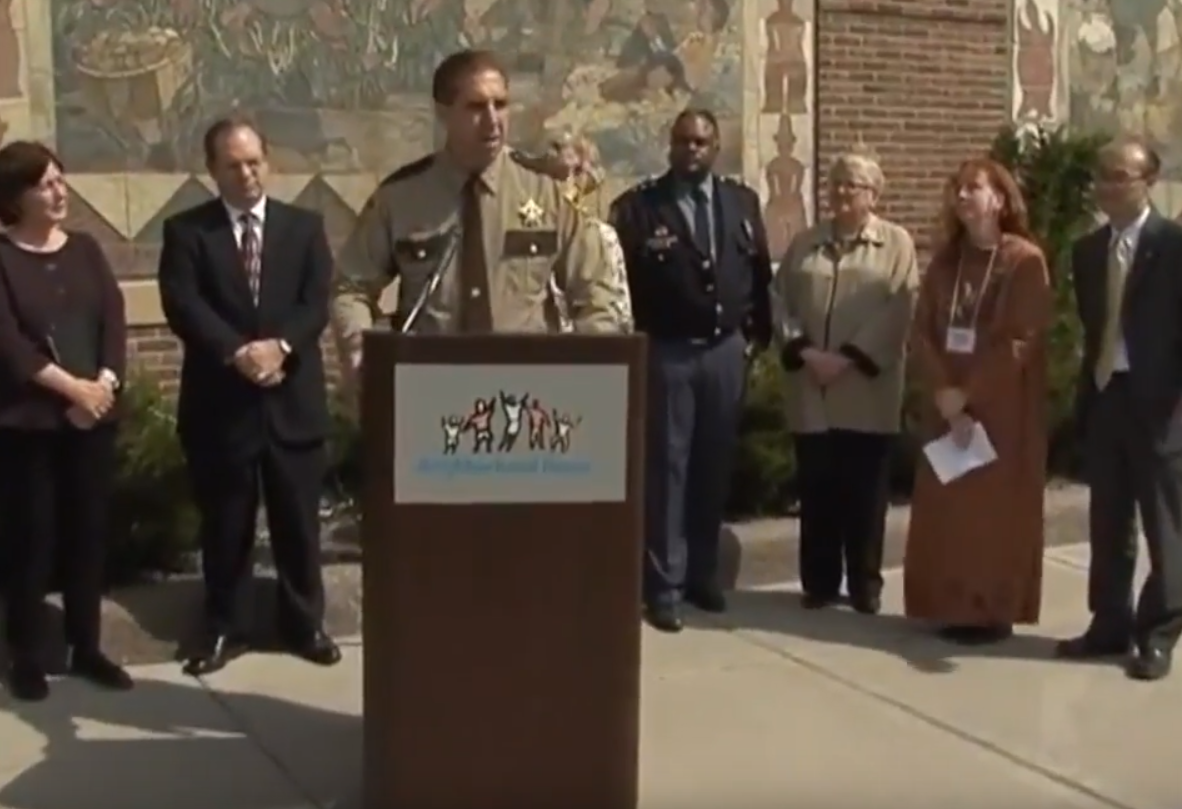INTRODUCTION
“As a parent of a child whose life was impacted by opioid use I know the terrible impacts it has on the lives of our children and our families. We must expect our leaders to actually lead on this issue.”
- Bob Fletcher
BACKGROUND
For the last eight years, the opioid crisis has ravaged Ramsey County. While this was once a developing issue, it has since become all too common, leaving a wake of destruction in our community.
In 2017, there were 72 opioid overdose deaths reported in Ramsey County, a 16% increase over 2016. The nation’s drug suppression strategy has also caused racial disparities in incarceration. Confining a person stops a single crime, but does not address the underlying issues leading to crime. Addiction rips apart families and leads to a lifetime of negative consequences, even after rehabilitation. Despite all this, the current interim sheriff did nothing to address the opioid crisis in Ramsey County until it was an election year.
The Ramsey County Sheriff’s Office has a social responsibility to help people who are suffering from addiction. When issues linked to criminal behavior and drug abuse can be treated, the revolving door of the justice system can be closed, allowing people suffering from addiction and their families to be healed. Collectively, this improves community safety and reduces the ill effects of prolonged drug abuse (e.g., incarceration, courts, health, medical, victimization, etc.).
The Sheriff’s Office can no longer overlook drug and opioid addiction. Integrated drug treatment programs and drug courts are designed to rehabilitate people, offering both accountability and treatment. With these types of services and law enforcement support addressing the opioid crisis and drug abuse can be reality.
VISION
As Sheriff, I am committed to addressing the opioid crisis in partnership with community members, healthcare providers, and leaders at the local, state, and federal level. To do this, we must:
Develop a coordinated regional plan to respond to the drug and opioid crisis. The Sheriff’s Office will support efforts that aim to prevent and eliminate drug addiction. Supported by data and best practices, the Sheriff’s Office will also lead an integrated approach that aims to rehabilitate those suffering from addition as well as educate community members about the warning signs and dangers of addiction.
Lobby for treatment strategies. The Sheriff’s Office will work with stakeholders to expanded treatment options, drug court, education programs, and alternative drug treatments. Within six months of taking office, I will publish a plan outlining a series of action steps and deliverables to respond to drug and opioid addiction in Ramsey County.
Advocate for legislative changes and funding. Working closely with providers, community partners, and criminal justice organizations, the Sheriff’s Office will develop a legislative agenda that supports the necessary reforms and funding to eliminate drug abuse. This includes joining lawsuits to hold drug manufactures accountable and seeking dedicated resources for treatment.
Mike Martin—Twin Cities police leader, retired Minneapolis police commander, and national expert on gang and violent crime— contributed to this article.



